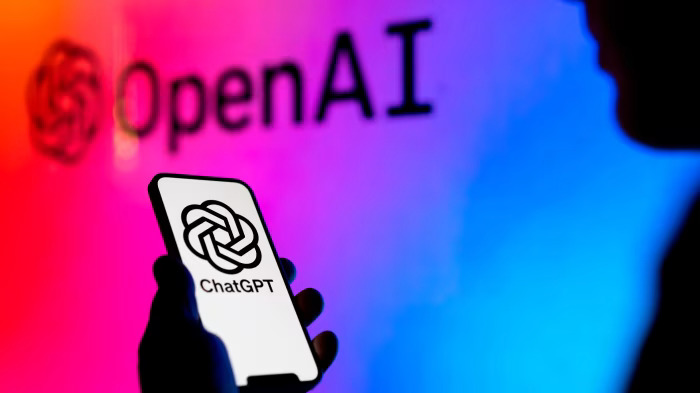In the realm of artificial intelligence, conversational agents have become a hallmark of innovation and progress. One such pioneering technology is the Free gpt chat AI, a sophisticated chatbot powered by OpenAI’s GPT models. Its ability to engage in natural language conversations has transformed the way we interact with machines, blurring the lines between human and artificial intelligence.
The Rise of Chatbots
Chatbots have evolved significantly since their inception. Initially, they were rudimentary programs designed to respond to specific commands or questions. However, with advancements in natural language processing and machine learning, modern chatbots like Free GPT AI have transcended their predecessors, offering nuanced and contextually relevant responses.
Understanding Free GPT AI
At the heart of Free GPT AI lies its underlying architecture: Generative Pre-trained Transformer models, or GPT. These models are trained on vast amounts of text data, enabling them to understand and generate human-like text. Free GPT AI leverages this foundation to comprehend user input and generate responses that mimic natural conversation.
Unlike traditional chatbots limited by predefined scripts, Free GPT AI can adapt to a wide range of topics and contexts. Whether discussing current events, providing recommendations, or engaging in casual banter, it strives to emulate human-like communication, fostering a more immersive and enjoyable user experience.
The Art of Conversation
Engaging with Free GPT AI is akin to conversing with a knowledgeable companion. Its responses are not only informative but also imbued with personality and wit. From sharing interesting facts to offering thoughtful insights, the chatbot endeavors to keep interactions engaging and dynamic.
Moreover, Free GPT AI’s versatility extends beyond casual dialogue. It can assist users with various tasks, such as answering questions, summarizing articles, or even generating creative content. This versatility underscores its utility across diverse domains, from education and research to entertainment and beyond.
Challenges and Ethical Considerations
While Free GPT AI represents a significant leap forward in conversational AI, it also poses challenges and ethical considerations. One such challenge is ensuring the accuracy and reliability of its responses, especially when dealing with sensitive or contentious topics. Additionally, there are concerns regarding data privacy and the potential misuse of AI-generated content.
Furthermore, as with any AI technology, there is a risk of bias and unintended consequences. Developers must strive to mitigate these risks through rigorous testing, transparency, and ongoing refinement of the underlying algorithms.
The Future of Conversational AI
As technology continues to evolve, the future of conversational AI holds immense promise. Innovations in natural language processing, coupled with advances in machine learning and deep learning, will further enhance the capabilities of chatbots like Free GPT AI.
In the years to come, we can expect to see even more sophisticated conversational agents that seamlessly integrate into our daily lives. Whether assisting with productivity tasks, facilitating learning experiences, or simply providing companionship, these AI-driven companions will play an increasingly integral role in shaping the way we interact with technology.
